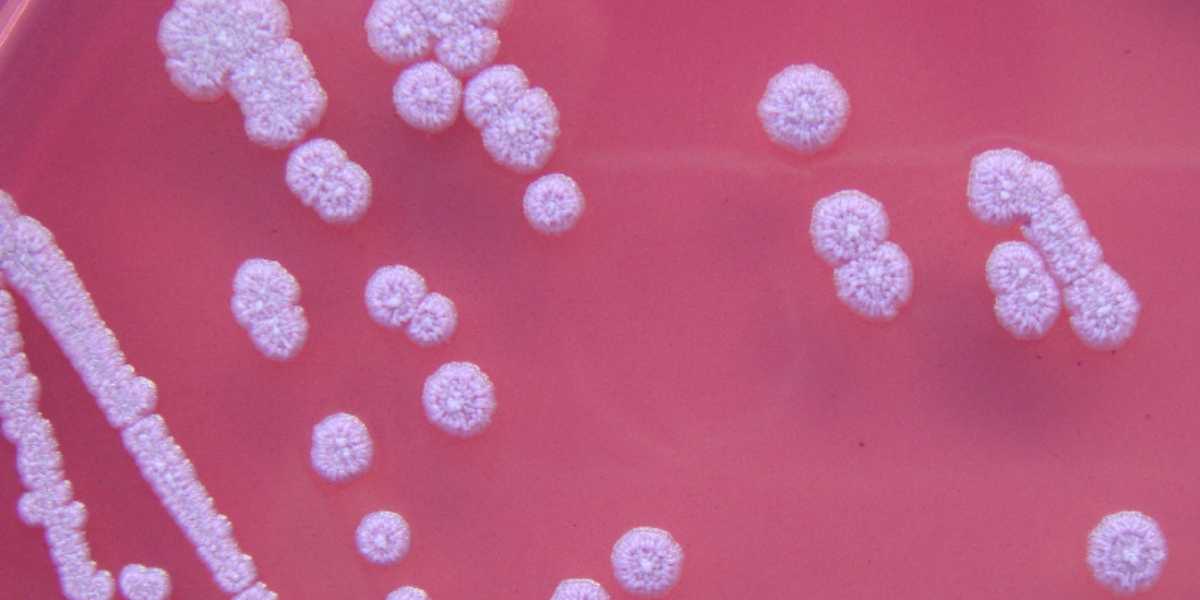Published Sep 08, 2025 | 8:58 PM ⚊ Updated Sep 08, 2025 | 8:58 PM

Synopsis: Andhra Pradesh has declared a health emergency in Turakapalem village, Guntur district, after extensive testing of residents’ blood samples confirmed two cases of melioidosis, a potentially fatal bacterial infection. The testing was prompted by 23 unexplained deaths over the past two months. Officials said seven people are currently in hospital, including two confirmed cases receiving treatment and five suspected cases under observation.
Andhra Pradesh Chief Minister N Chandrababu Naidu on Monday, September 8, declared a health emergency in Guntur district’s Turakapalem village after two cases of melioidosis, a potentially fatal bacterial infection, were confirmed.
Extensive testing of blood samples from 75 residents was carried out between September 2 and 7 following a cluster of 23 unexplained deaths over the previous two months.
Health officials said seven people are currently in hospital, with two confirmed cases receiving treatment and five additional suspected cases under observation.
“One case has been found to be positive in private care and another in government care. While both the patients are stable, five more suspected patients are admitted in Government General Hospital in Guntur,” Dr K Vijayalakshmi, District Medical and Health Officer, told South First.
She added that experts from Delhi and AIIMS are coming to discuss and analyse the situation.
Melioidosis is a potentially fatal infectious disease caused by the bacterium Burkholderia pseudomallei, commonly found in contaminated soil and water in tropical and subtropical regions. The disease is endemic to Southeast Asia and northern Australia.
The bacterium typically enters the human body through skin wounds, inhalation of contaminated dust or water droplets, or ingestion of contaminated water.
People with underlying health conditions such as diabetes, kidney disease, or weakened immune systems are at higher risk of developing severe forms of the disease.
Symptoms of melioidosis vary widely and may appear anytime from one day to several years after exposure. Early symptoms often resemble pneumonia or tuberculosis and include fever, cough, chest pain and difficulty breathing.
In more severe cases, patients may develop blood infections, brain abscesses or multiple organ involvement. The disease can appear as acute, chronic or latent infections, making diagnosis difficult without laboratory testing.
Treatment typically involves intensive antibiotic therapy, often requiring hospitalisation in severe cases. The standard protocol includes intravenous antibiotics such as ceftazidime or meropenem for the acute phase, followed by oral antibiotics for several months.
Early diagnosis and prompt treatment are crucial for survival, as untreated melioidosis can have mortality rates exceeding 40 percent.
The disease’s link to environmental factors makes it particularly relevant to rural communities like Turakapalem, where residents frequently work with soil and water through agriculture and livestock rearing.
Heavy rainfall and flooding during the monsoon can increase exposure risk by disturbing contaminated soil and creating favourable conditions for bacterial growth.
The health emergency in Turakapalem unfolded over two months, with 10 deaths recorded in July, another 10 in August, and three more between September 1 and 7 before officials took notice and began testing blood samples.
Of the 23 victims, seven were over 70 years old, while the others were on average around 55.
The unusual mortality pattern initially went unreported to higher authorities, exposing significant gaps in the state’s disease surveillance system.
Health Minister Satyakumar Yadav admitted that field-level medical staff failed to alert higher authorities about the unusual death pattern despite the high mortality rates.
He announced the formation of a high-level investigative committee under IAS officer Dr Attada Siri to examine surveillance failures and recommend preventive measures.
The committee has been tasked with identifying those responsible and suggesting technological solutions for immediate reporting of unusual mortality to senior officials.
“Action will definitely be taken against those who showed negligence in duty performance at all levels,” he added. The report is expected within a week.
The investigation is looking into multiple causes, including poor sanitation, contaminated water sources and infectious diseases.
Following the declaration of a state of emergency, special health camps have been set up in the affected area, and 68 water tanks have been cleaned and disinfected. Safe drinking water arrangements have been made for all households, and food distribution has been organised for affected families.
The Chief Minister has directed health officials to seek assistance from AIIMS Mangalagiri doctors and, if required, international experts to manage the outbreak.
Officials have been instructed to ensure protected drinking water across the village and implement preventive measures. Three scientists from Sri Biotech, Hyderabad, have visited Turakapalem to collect soil and water samples for analysis.
ICAR scientist Ranjit Kumar confirmed that the samples have been sent to Hyderabad laboratories for detailed medical analysis to identify the source and spread pattern of the infection.
Health officials suspect the melioidosis bacteria may have spread from cattle, as most residents depend on livestock rearing for their livelihood.
Officials also noted that the bacteria spread more easily during the rainy season, with floods and farming areas creating breeding grounds.
Meanwhile, fourteen specialised medical teams have been deployed to conduct health checks on the entire village population.
Authorities are carrying out comprehensive screenings, including kidney function tests, diabetes checks, blood pressure monitoring and complete blood profile analysis.
(Edited by Dese Gowda)

